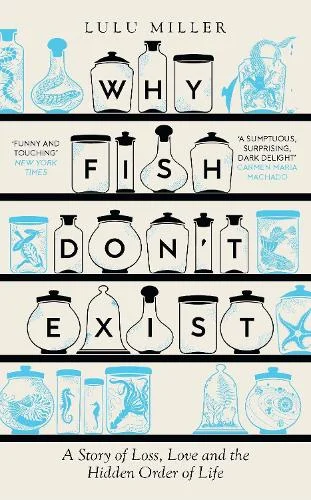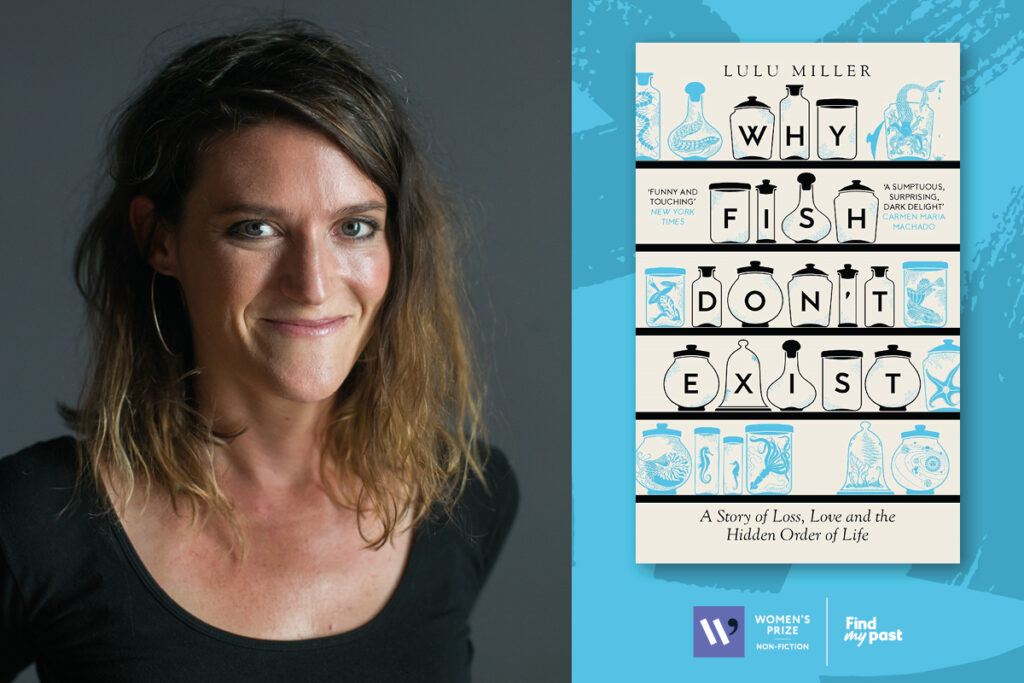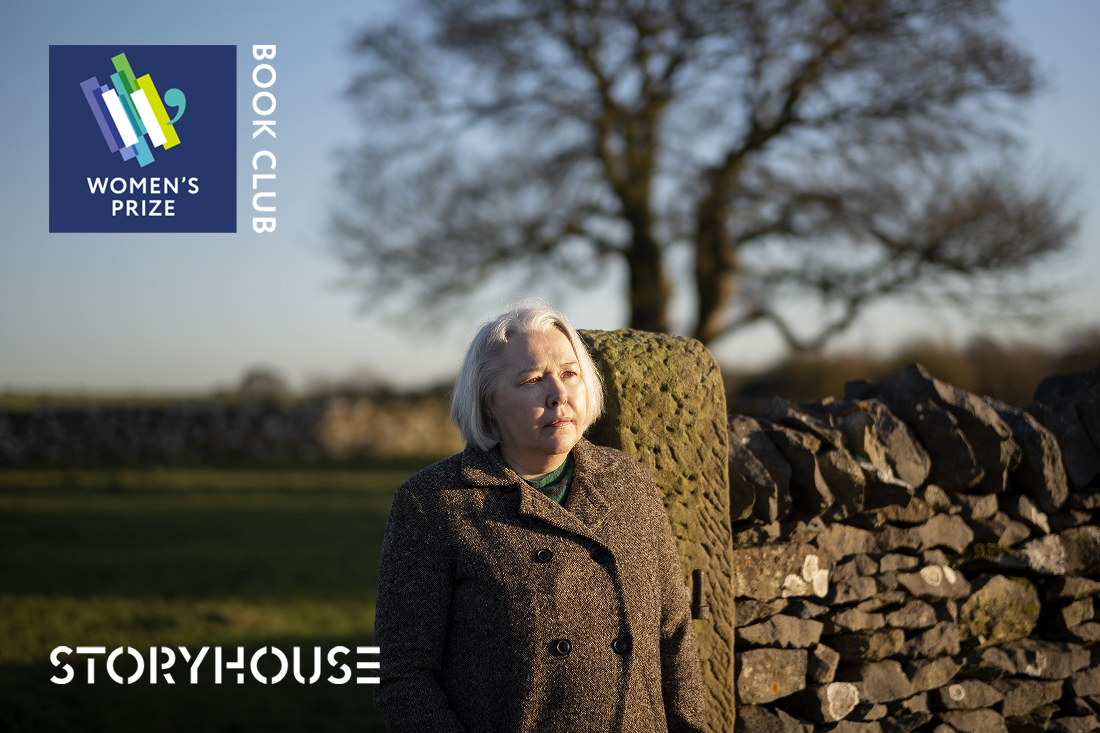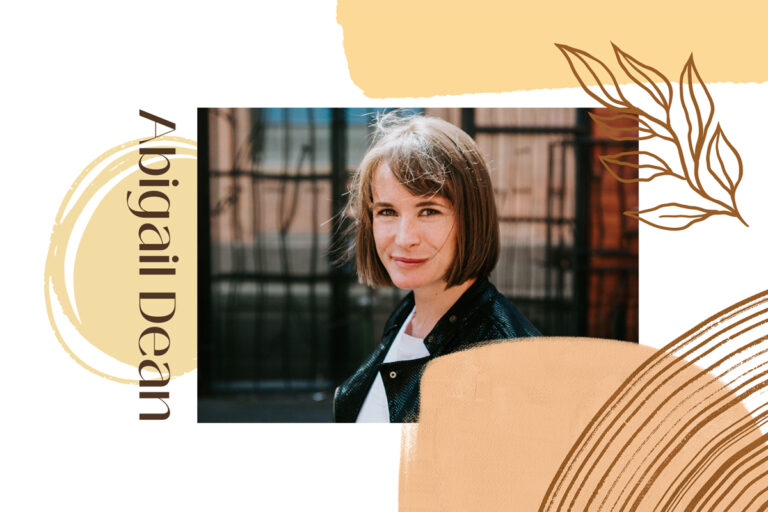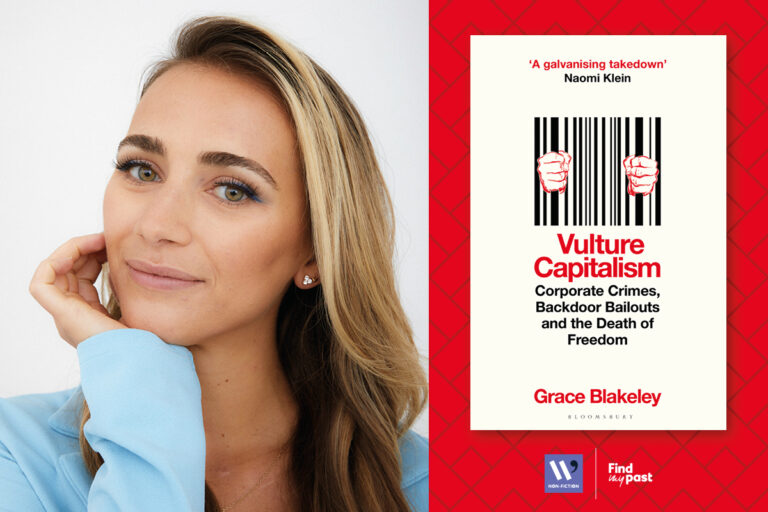Why Fish Don’t Exist by Lulu Miller is a genre-bending personal journey, weaving history and science, that shows us how to embrace chaos.
Longlisted for the 2025 Women’s Prize for Non-Fiction, judge Elizabeth Buchan says: ‘Enmeshed in a personal crisis, the author examines the work of taxonomist David Starr Jordan who strove to bring order to the world of fish. A bold and original blend of memoir and science, it combines the exhilaration of discovery with the unexpected and revelatory.’
To find out more about the book we spoke to Lulu about her writing, research and current reads.
How would you describe your book to a new reader?
A sci-thri nonvella! It’s a scientific thriller that is the length and spirit of a novella but nonfiction. It tells the story of a powerful and dangerous scientist as a way of exploring the question of how we go in chaos. And I dash in a bit of memoir because, like everyone, I struggle with this question. One reviewer said “it’s a book to read when you feel underwater.” I really like that.
Did you have any revelation moments when writing your book? When the narrative and your objectives all fell into place?
The real revelation came when I finally let go of my objectives, oddly. It was sitting in the room with Anna and Mary, when my reporting on the American eugenics movement led me so far from my original question of the book. There was something about the light that day, in their eyes, washing through their houseplants. And on the drive home, a stack of Anna’s drawings on the seat next to me. I just thought. This is it. This small, daily care for one another. This is the point.
What is the one thing you’d like a reader to take away from reading your book? Is there one fact from the book that you think will stick with readers?
That our categories are flimsy, more about power than truth. That being willing to doubt is crucial for personal and societal change. I hope the fact that sticks with readers is that fish don’t exist!
How did you go about researching your book? What resources did you find the most helpful?
I started with archival research, then moved to reporting and interviewing living scientists and victims of eugenic sterilization. In a strange way the most valuable resource for me was time. I got to read more and more and understand the world on which I was reporting. I got to change as a person and journalist.
Which female non-fiction author would you say has impacted your work the most?
Annie Dillard.
What is the best piece of writing advice you have ever received?
A composer told me that the most important tool in her studio is an eraser. I’ve never forgotten that. The delete key is my secret sauce.
Is there a non-fiction book you recommend all the time? If so, what is it and why do you recommend it?
How Far the Light Reaches by Sabrina Imbler. Their writing is sumptuous, brave and scientifically fascinating. It helped me see the ocean anew, and also myself and my relationship to human society.
What are you currently reading?
Bluff by Danez Smith
